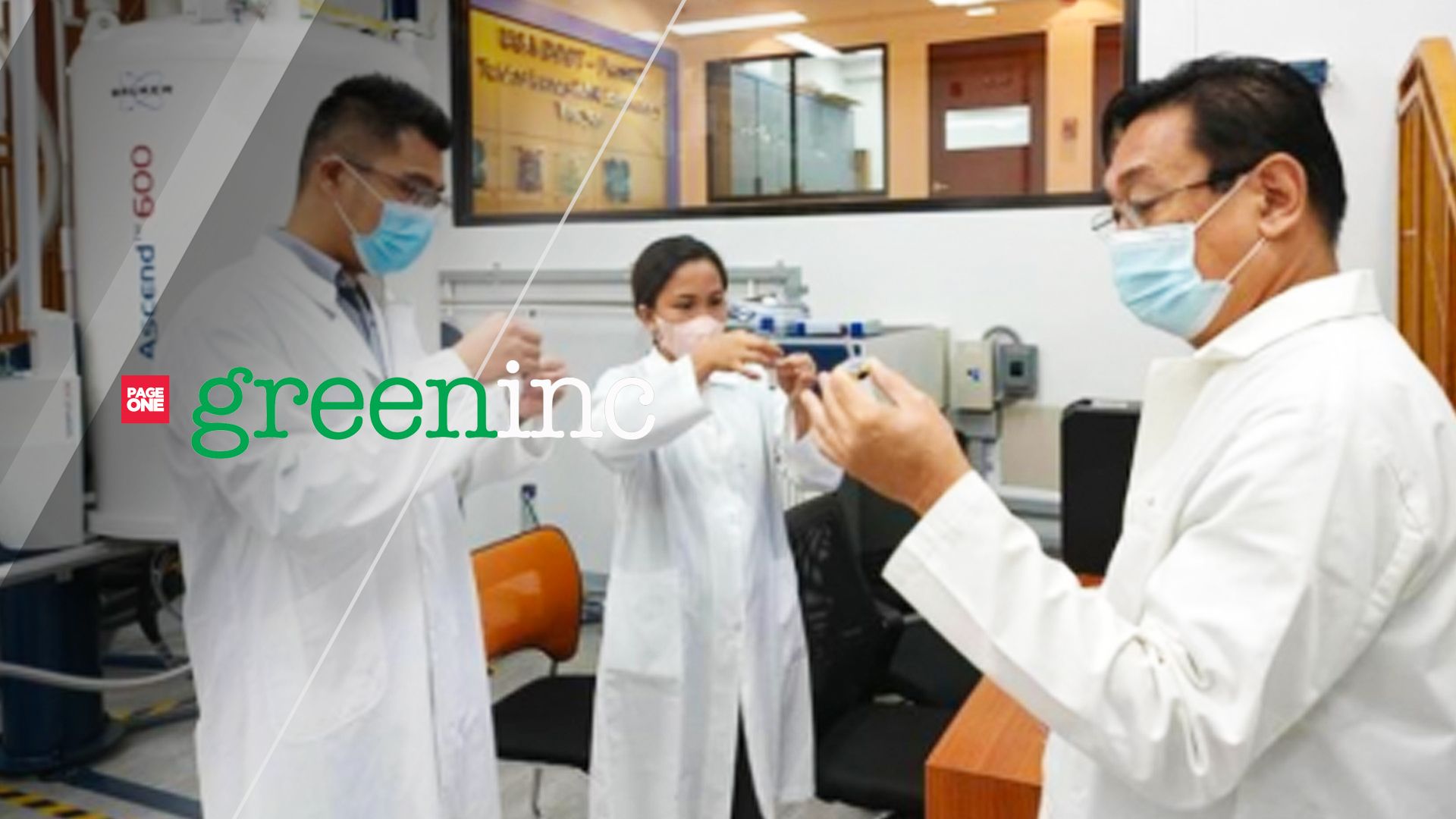Using marine bacteria, a team of Filipino scientists is currently developing beta-lactamase inhibitor to boost the effectiveness of antibiotics, the Department of Science and Technology (DOST) said Tuesday.
“Ang beta-lactamase inhibitor na nadiskubri ni Dr. Julius Adam Lopez ay ginagamit sa pagtimpla ng antibiotics upang masiguro na hindi mababawasan ang pagiging epektibo sa iinom nito. (The beta-lactamase inhibitor discovered by Dr. Julius Adam Lopez will be used in the antibiotics mixture to ensure that its effectiveness will not decrease),” DOST Undersecretary Leah Buendia told the Philippine News Agency.
Lopez, a Balik Scientist, leads the Philippine marine beta-lactamase inhibitor (BLI) project.
Buendia said the discovery would block antibiotic-resistant bacteria.
“There are types of enzymes from bacteria that cause antibiotic-resistance,” Buendia said.
The team uses marine sediment-derived bacteria from the Tubbataha Reef, a marine protected area in Palawan province.
Buendia noted that since the raw materials are accessible in the country, this could make the inhibitor more affordable and could also encourage Filipinos to earn and be part of the development of new antibiotics.
The technology can also be adopted by local pharmaceutical and biotechnology companies, Buendia added.
“The discovery of a potential beta-lactamase inhibitor is just part of the bigger aim of the program. Drug development usually takes 10 to 15 years which is actually considered as an investment. The fact that this potential compound has been discovered in just a span of two years then this is a big achievement,” Lopez said.
The overall implementation of the project is supported by the DOST, which has so far provided PHP17 million funding for the expertise and implementation.
Buendia said the BLI project started in January 2021 and will end in June 2023. Observations and tests will continue after the initial result. (PNA)







